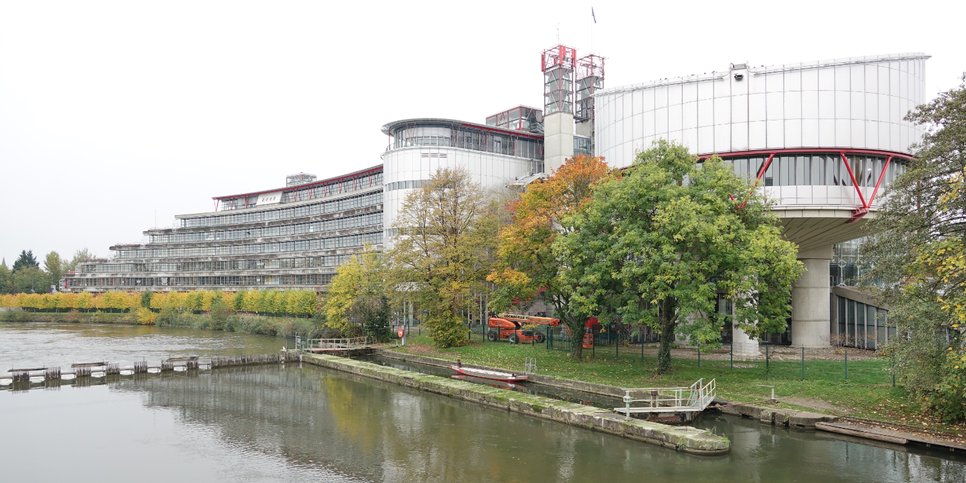Photo source: Gzen92 / CC BY-SA 4.0
Photo source: Gzen92 / CC BY-SA 4.0
The Committee of Ministers of the Council of Europe checked how Russia implements the judgments of the European Court on the complaints of Jehovah's Witnesses
France, MoscowOn September 23-25, 2019, a committee composed of the Ministers of Foreign Affairs of the Council of Europe and overseeing the implementation of ECHR judgments "urged the authorities to urgently take all necessary measures to ensure the right of Jehovah's Witnesses to practice their religion without hindrance."
The Committee of Ministers of the Council of Europe has examined the Russian Federation's compliance with the judgments in the cases of Jehovah's Witnesses of Moscow and Others v. Russia and Krupko and Others v. Russia. A document published on the website of the Council of Europe states: "The Committee is concerned about information received from various sources that as a result of the new ban, Jehovah's Witnesses are being arrested, prosecuted and tried simply for participating in peaceful religious services and making donations."
Background to the case "Jehovah's Witnesses of Moscow and Others v. Russia". In March 2004, the Golovinsky Court of Moscow liquidated the local religious organization of Jehovah's Witnesses. The believers appealed this decision to the European Court of Human Rights and won. The court decided to lift the restrictions, re-register the community and pay tens of thousands of euros in compensation.
Background to the case of Krupko and Others v. Russia. In March 2006, about 400 believers gathered in a rented space for the annual celebration of the Memorial of the death of Jesus Christ. The worship service was disrupted - dozens of security officials, including a riot police, entered the building, ordered the crowd to disperse, and several men were detained. The believers appealed against these actions, first in local courts, and later in the ECHR. The European Court sided with Jehovah's Witnesses, found the disruption of worship and detention unlawful, and awarded the victims compensation for non-pecuniary damage and legal costs.
